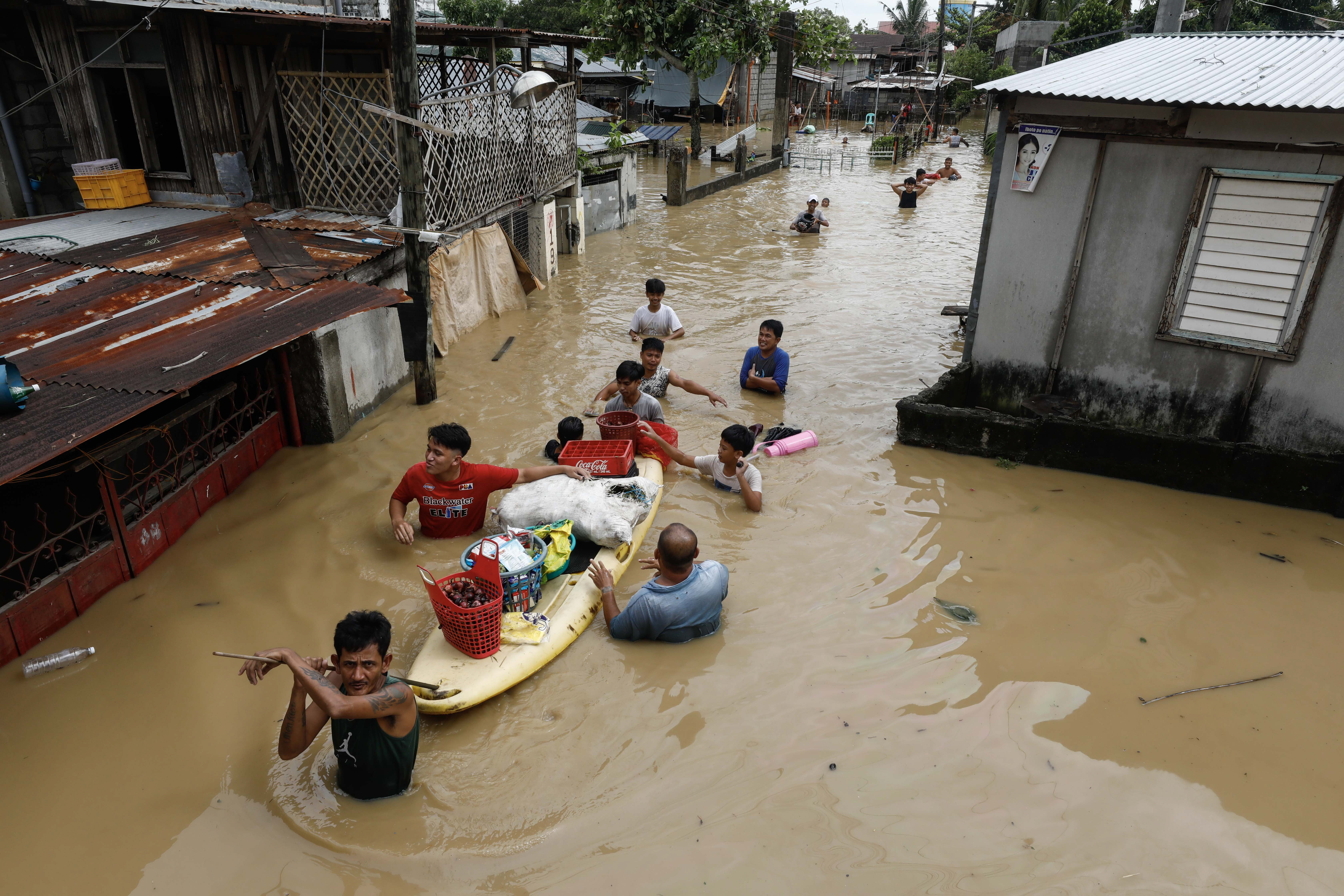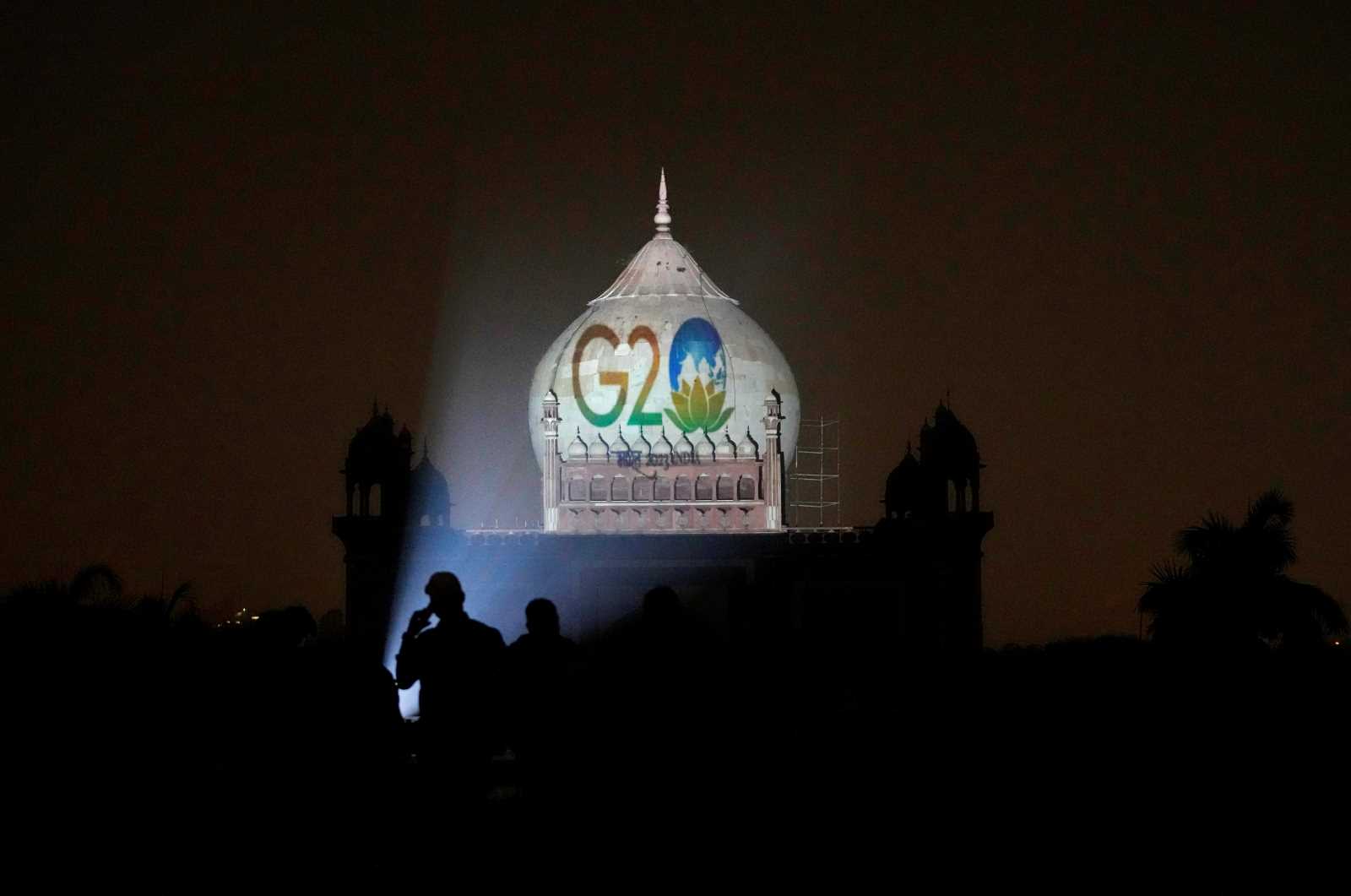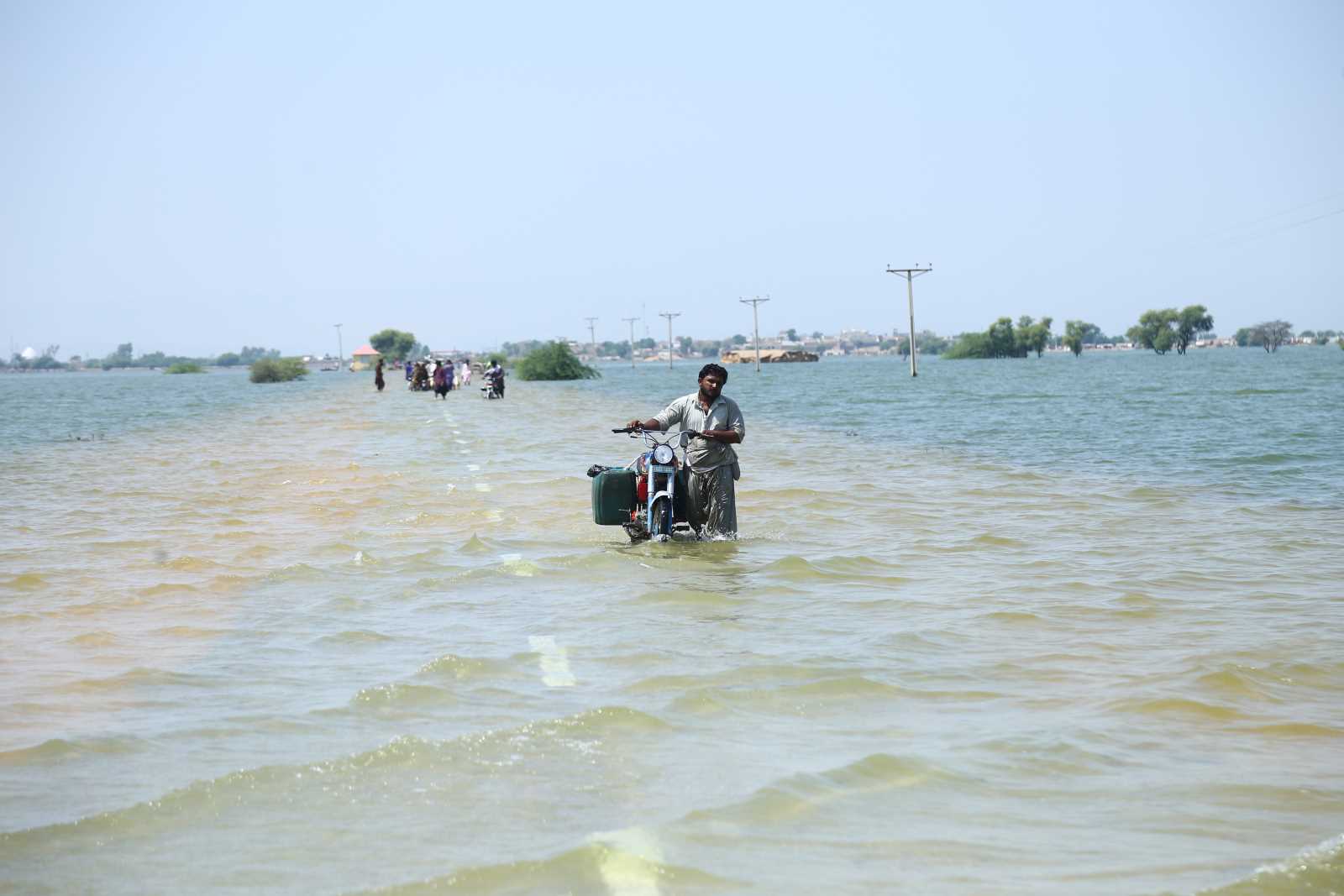Global warming
Amitav Ghosh assesses global warming from Asian perspective
I recently recommended the novels of his Ibis trilogy, which is set in the historical context of the first opium war. Now that I have read the book on climate change, I’m happy to recommend it as well. The title is: “The great derangement – Climate change and the unthinkable”. It deals with several distinct issues, four of which I’d like to briefly summarise here.
First of all, Ghosh points out that fiction writers, who normally are expected to reflect what is happening in their day and age, are almost entirely shying away from climate change. He writes that so far there is only a genre of climate catastrophe writing. The current social, political and environmental reality of global warming, by contrast, is not a topic. As the author elaborates, the dimensions of the risks humanity is facing seem unfathomable and even unthinkable. In particular, novelists struggle to grasp its global dimension because they are expected to invent plots for well-defined places. I am no expert in these matters, but I find it striking that a novelist of Ghosh’s reputation admits that he finds it impossible to tackle the issue in a fictive story, even though he obviously has no difficulty to tackle it in a non-fiction essay.
Second, Ghosh declares climate change to be a predominantly Asian issue. He spells out, of course, that global warming was set in motion by carbon emissions from the advanced economies at first. These countries are the former colonial powers, which is not a coincidence, and they have been the main source of these gases historically. He adds, however, that warming has been dangerously accelerating because populous Asian nations have been industrialising fast. We would not be so close to irreversible tipping points (such as the melting of Greenland ice shield) if Asia’s emerging economies had not grown so fast. Indeed, China is now the world’s leading emitter in absolute terms, though North America is still far ahead per capita terms, and so are several European nations.
Born and raised in India, Ghosh is free to spell out the politically inconvenient truth that Asian economies have become important drivers of climate change. At the same time, he writes that the impacts also make the trend a particularly Asian issue. For example, the melting of Himalayan glaciers will severely affect major rivers that run through South Asia, Southeast Asia and East Asia. People’s water supply is at risk.
Moreover, Asia’s huge coastal megacities will feel the impact of rising sea levels. In this context, Ghosh imagines the scenario of a major cyclone hitting Mumbai, an agglomeration of at least 20 million people, many high-rise buildings and even nuclear facilities. It is disturbing to consider merely what damage wind-propelled glass shards would do. These paragraphs actually made me wonder why Ghosh feels he cannot invent a convincing plot in such a context. Then again, describing the destruction of Mumbai would be catastrophe writing, which, according to him, is being done.
Ghosh clearly thinks that Asian policymakers should do more to mitigate climate change. He acknowledges, however, that the politics is very difficult. Given that their nations are still considerably poorer than western ones and that the former colonial powers have benefited massively from emitting greenhouse gases, they cannot let the USA, the EU or Japan off the hook. They must insist that the pioneers of industrialisation must now serve as innovators and funders to mitigate climate change.
The established economic powers could, of course, put pressure on the emerging economies if they assumed a responsible role of leadership by reducing carbon emissions radically and fast. For good reason, Ghosh does not expect them to do so. The challenges are huge, and they have largely shied away from the matter for decades. Their action has not been up to scale.
The third thing I found essential in Ghosh’s book is that even though there is a lot of climate denial in the USA, and especially among conservatives, the US military has shown a keen interest in climate science. In Ghosh’s view, the top brass is paying close attention to what is happening with a view to maintaining a position of dominance. He speaks of an “armed lifeboat”. Ghosh stresses that armies are supposed to control things – as Asian societies experienced in colonial times.
It is striking that he wrote these lines before the climate-change denying Donald Trump became president. Ghosh’s idea of the “armed lifeboat” obviously ties in well with my observation that right-wing populists like Trump tend to defend vested interests, while shirking responsibility towards victims.
The final issue that Ghosh’s book assesses is who can make a difference in climate politics. For the reasons listed above, he does not expect governments to do so. He also doubts that broad-based popular movements will force them to act. The main reason is that social movements normally respond to acutely felt grievances, but action has to be taken long before the worst impacts of climate change are felt. The storms, floods, droughts and wildfires we have experienced so far have not triggered the kind of movement needed yet.
Ghosh pins his hopes on faith leaders. He finds Pope Francis’ environmental Encyclica “Laudato sí” more inspiring than the language of the Paris agreement on climate change. He notes, moreover, that leaders of other major religions including Hinduism and Islam have also begun to tackle the issue. I’m not sure that will work out. Poland’s government of right-wing populists emphasises Catholicism as the bedrock of the nation – but it insists on using coal. Xenophobic as it is, it does not listen to what the Pope says about the need to save refugees. What I am sure about, however, is that we need to keep putting climate change on the agenda. The dangers are real; we must not neglect them.
Reference
Amitav Ghosh, 2016: The great derangement – Climate change and the unthinkable. Chicago: University Press.













